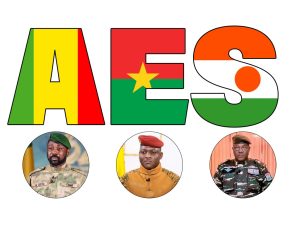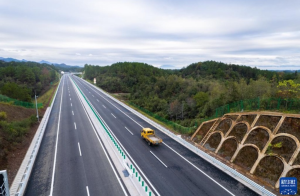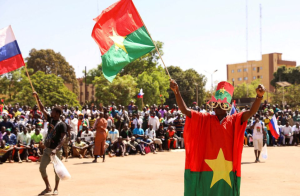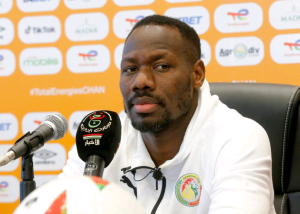AES: Cooperation or predation, the hidden side of Western intervention proposals in the Sahel
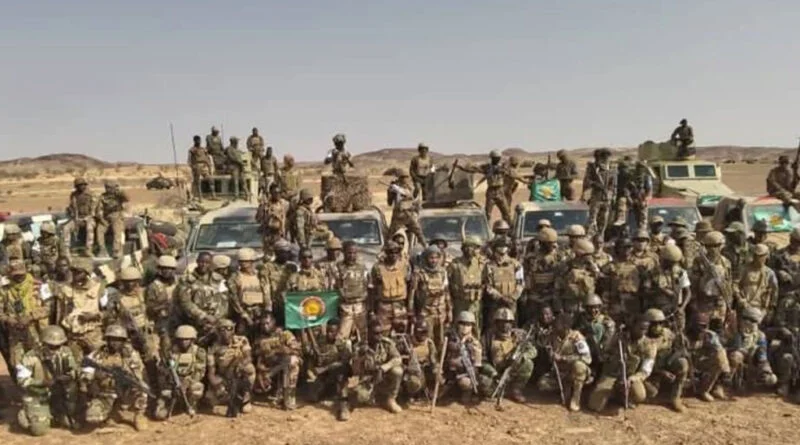
Officially, the involvement of Western powers in the fight against terrorism in the Sahel and the AES region (Burkina Faso, Mali, Niger) is justified by a core objective: preserving regional stability and preventing the spread of terrorist threats beyond Africa’s borders. But behind this security narrative lies a far more strategic and economic reality.
Today, the Sahel is one of the epicenters of global competition for resources and geopolitical influence. This long-marginalized arid strip has become a pivotal zone for several key reasons. First, its subsoil is rich in resources: uranium in Niger (long exploited by companies like Areva and now Orano), gold in Burkina Faso and Mali, oil under exploration, and rare earth elements critical to advanced technologies. Secondly, the region serves as a vital migration corridor between sub-Saharan Africa and Europe—making it a central issue in European migration policies.
In this context, counterterrorism has become a convenient pretext for justifying Western military presence on the ground. Military bases, security partnerships, and aid packages are rarely free of hidden agendas. They are often tied to diplomatic or economic concessions: privileged access to resources, influence over state decisions, or the maintenance of military installations.
Since the gradual withdrawal of French troops and the rise of new partner powers like Russia, China, and Turkey, the battle for control of the Sahel has intensified. Each actor is vying to fill the void left by France, with different approaches but a shared focus on expanding influence. Russia, for example, offers “non-interference” security cooperation, which appeals to governments seeking to distance themselves from former colonial powers. China, meanwhile, advances its interests through massive economic investment, especially in infrastructure.
The United States, although visibly less involved, is working to maintain its foothold through more discreet military partnerships, supporting operations or retaining strategic bases. As such, the Sahel has become a geopolitical battlefield, where the security argument masks far broader interests: control of resources, management of migration flows, and the preservation of spheres of influence.
It is time to acknowledge that this support is not neutral—it follows a logic of power, not one of selfless solidarity.


